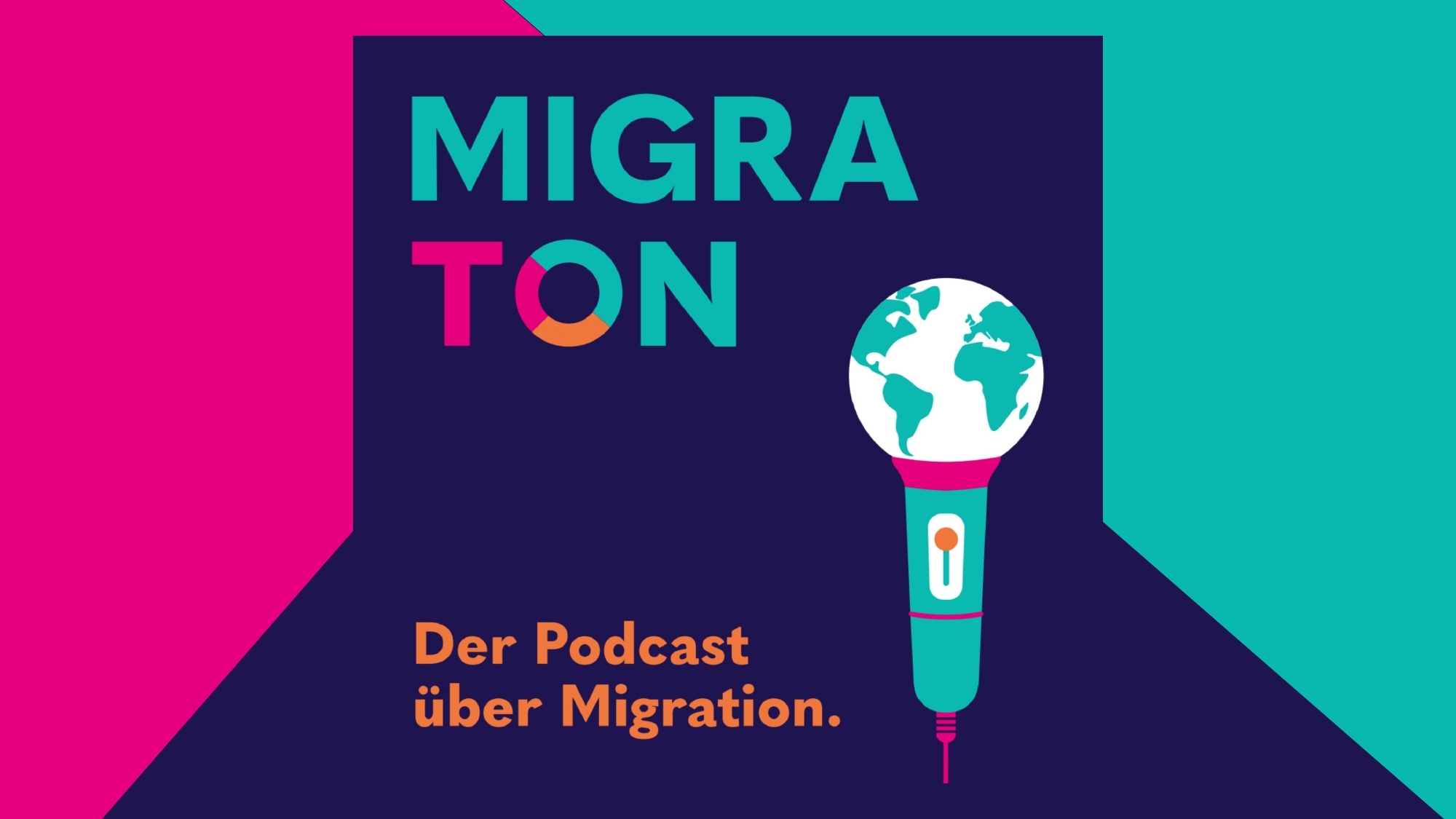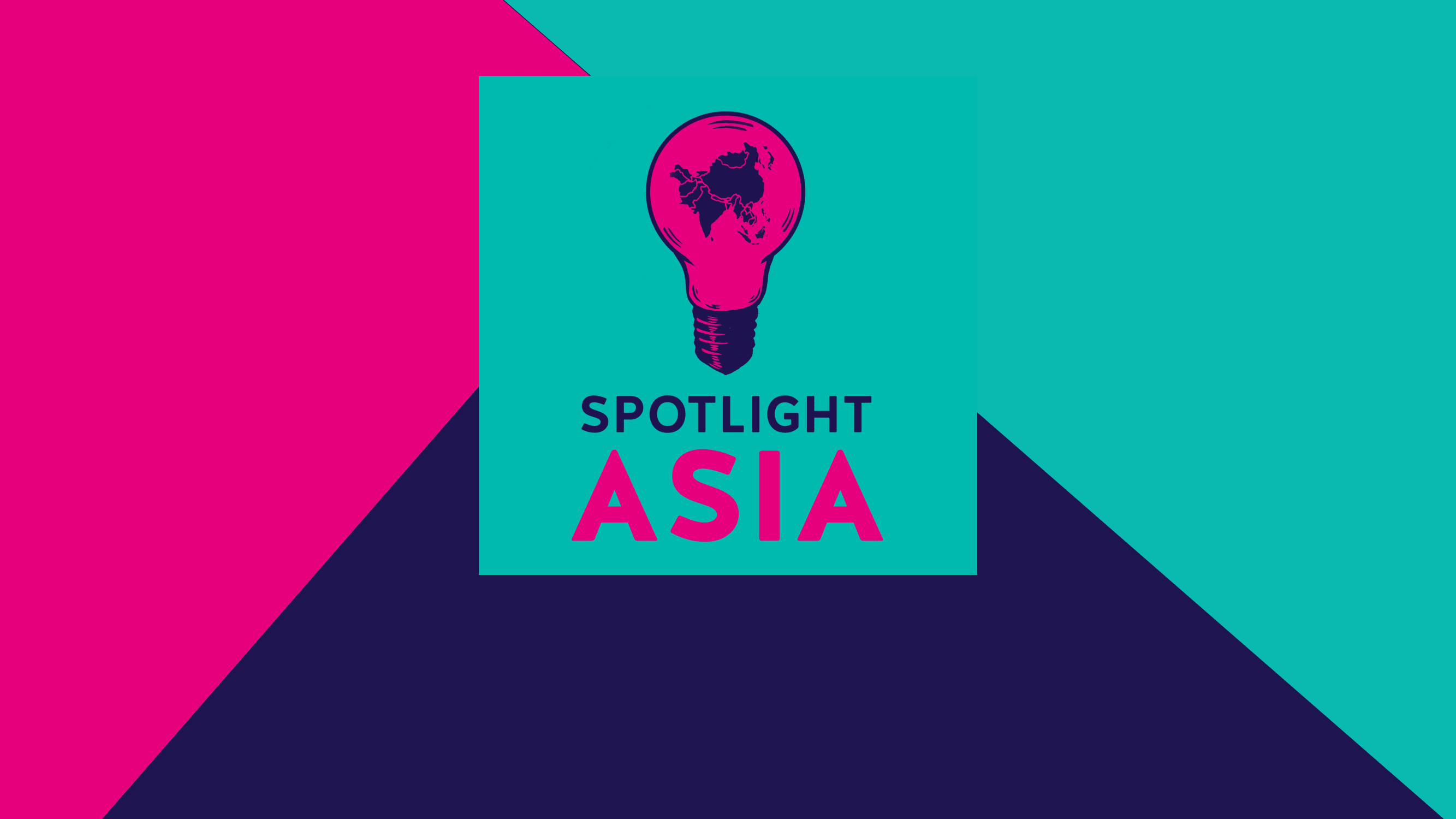12 APR | Polis Teatime: Post-election analysis of Hungary and Serbia – results and future developments
Polis Teatime
Post-election analysis of Hungary and Serbia – results and future developments
12 April 2022 | 19:00 – 20:30
@ Zoom
with Lana Avakumović (CRTA) and Kornélia Kiss (Magyar Hang)
On the 3rd of April, Hungary elected a new Parliament and voted on a referendum about LGBTQ in the education sector. Serbia held general elections on the same date. Both countries took a rather similar development in the last years: Lack of media freedom and pluralism, limiting of the rule of law, state capture, suppression of minorities and policing of any organizations (NGOs, media outlets etc.) who criticize the incumbent regime pose a big challenge on those parts of the society who do oppose these regimes. This development originates or is supported by their national governments and parts of the political elites, represented by prime minister Viktor Orbán (Fidesz party) and president Aleksandar Vučić (Serbian Progressive Party) respectively.
Due to the democratic decline and a lack of the rule of law, oppositional parties and movements face significant challenges in the 2022 elections. However, in both countries, the hitherto strongly divided opposition chose new strategies for these elections and started to cooperate by creating joint lists. Many hoped that their joint approach would help them overcome the ruling party and thereby contribute to regime change.
In two events, we want to discuss the challenges the opposition faces in these authoritarian regimes and what strategies they use to compete for votes. During the first discussion, just a few days before the elections, we talked with two oppositional candidates (one from each country) about the strategic approach of a joint opposition consisting of quite different parties.
In our second event, on April 12th we will analyze the election results and the major developments ahead. For this event, we cooperate with organizations and individuals from both countries which are involved in monitoring and/or reporting on elections and democratic developments/assessment more broadly. We will look into the election results of the (semi)-authoritarian governments that won the election but also focus on the results of the opposition. Furthermore, we want to discuss the fairness of both elections, the implications of the restrictions the opposition in both countries was facing and the future role of the opposition in the parliaments.
We are looking forward to discussing these topics with our guests – a researcher from a Serbian election observation organization and a Hungarian journalist:
Lana Avakumović, Researcher at CRTA – Center for Research, Transparency and Accountability (Belgrade). Lana has an MA in political science. Before joining the CRTA team in December 2020, she worked as deputy editor-in-chief at Talas.rs. During her undergraduate studies, she was a TA in Political Sociology of Contemporary Society. Overly optimistic she believes that democracy in Serbia is always worth fighting for.
Kornélia Kiss, Co-Founder and Journalist at Magyar Hang. Kornélia studied law and political science in Pécs, Hungary. She worked for the Hungarian daily newspaper Magyar Nemzet as a journalist. Since 2018 she is a co-founder and journalist of the Hungarian independent weekly newspaper Magyar Hang. She reports about social and domestic political issues, migration and culture. 2018-2019 she was a fellow on the European Journalism Fellowship scheme at Freie Universität Berlin and a correspondent for the European Journalism Observatory (EJO).
To join our online event via Zoom, please sign up below. We will send you the Zoom link shortly before the start of the event.
We are looking forward to an inspiring and insightful discussion and hope to see you there!
If you have any questions, please contact Nora Pohl or Richard Kaufmann.
Titelbild via pixabay
Buchungen sind für diese Veranstaltung geschlossen.

